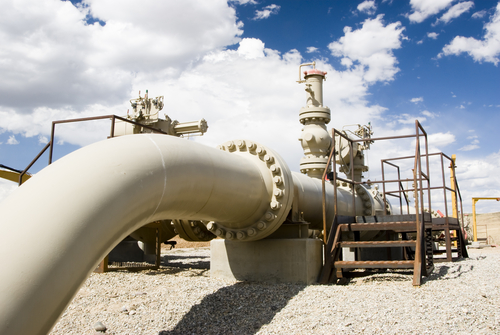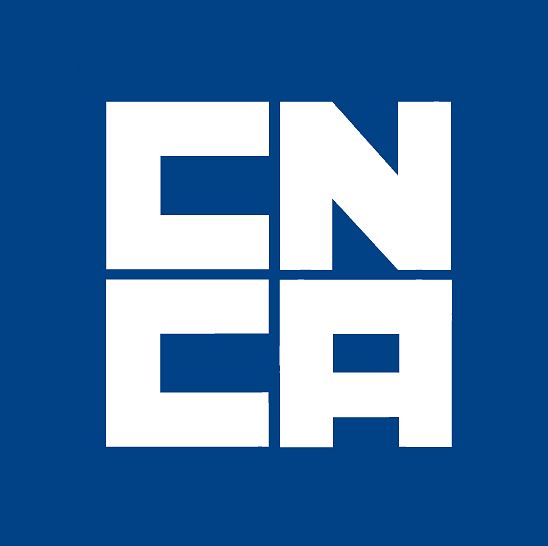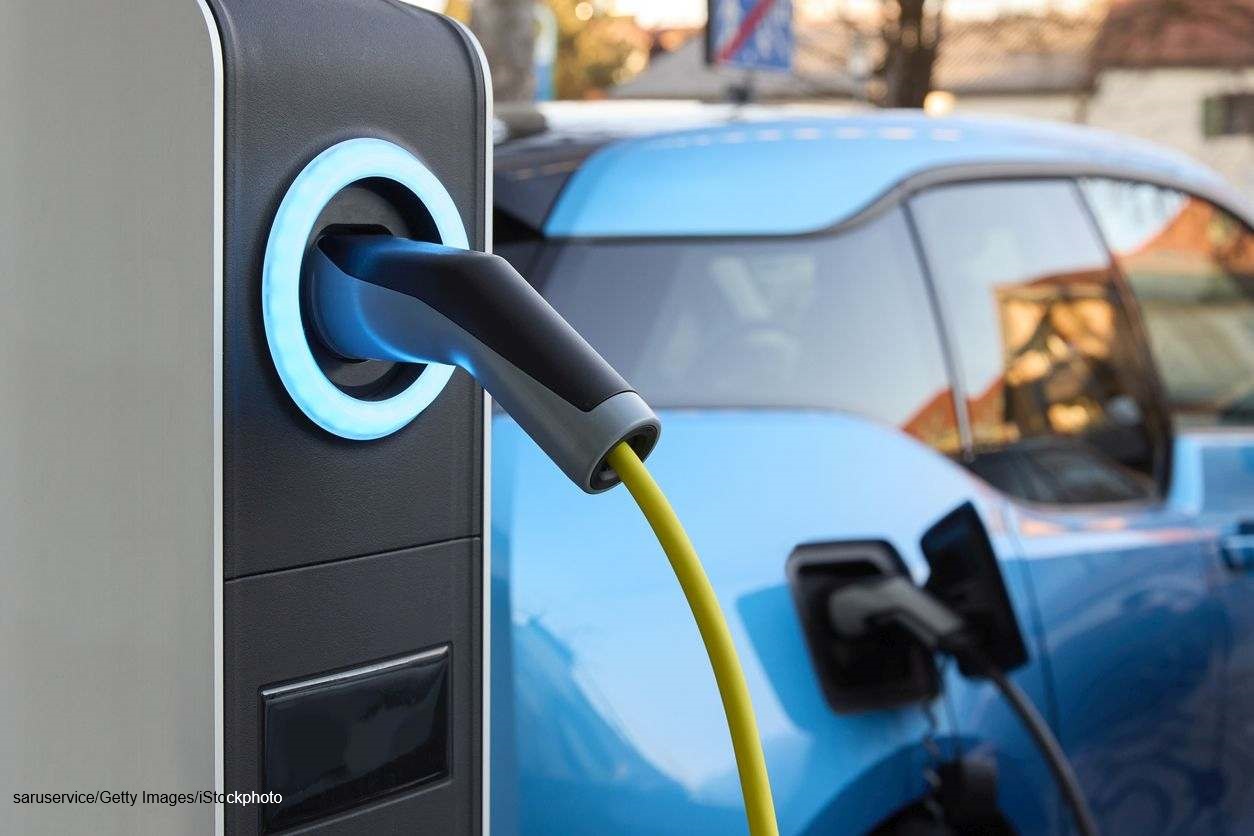China begins to consolidate oil and gas pipeline companies
9. July 2020China’s government has asked the three largest state-owned oil companies to hand over half of their liquefied natural gas (LNG) terminals to a newly established state-controlled company. The handover of ten LNG terminals currently owned by China National Petroleum Corporation (CNPC), Sinopec and China National Offshore Oil Corporation (CNOOC) is the first step in China’s planned consolidation of oil and gas pipeline companies into a single large state-owned company.
As early as the end of last year, China began the long-disputed process of merging the infrastructure of state-owned oil and gas pipeline companies into a new group of companies, which analysts estimate to be worth the equivalent of 80 to 105 billion US dollars. The new company is part of China’s efforts to develop the exploration of new oil and gas fields and increase production with the state-owned energy companies. The consolidation of the pipeline infrastructure into one company would make the company more attractive for domestic and foreign producers. In addition, the oil and gas companies would then be able to concentrate better on the exploration of new oil fields and increase China’s domestic production.

Last year, CNOOC agreed to transfer the operation and management of its pipelines to the new state-owned company. Of the ten LNG terminals that are also scheduled to be handed over soon, seven are currently owned by CNOOC, two by CNPC and one by Sinopec. The new pipeline company will be called China Oil & Gas Piping and will initially manage the ownership and assets while the original companies will remain owners. Following the transfer of the LNG terminals, 11 more LNG facilities will remain in the hands of China’s three largest oil and gas companies. Safety is particularly important in the oil and gas industry. According to an announcement by the Chinese market regulation authority SAMR (State Administration for Market Regulation), CCC certification will be mandatory for explosion protection products in the future. For example, a CCC certificate can be applied in China for explosion protection products since 01.10.2019. From 01.10.2020, a China CCC certification will be mandatory for the products concerned. We would be pleased to advise you on the requirements and the procedure of a CCC certification.
For more information on how CCC certification, the CCC Self-Declaration and voluntary CCAP or CQC certification may affect your company, or for more information about CCC certification in general, the process, and the associated costs, please visit our website and our News Section where you will find current updates twice a week.
Please do not hesitate to contact us for further details and consultation. You can contact us via e-mail, or call us (UK: +44 2071931135, Rest of Europe: +49 69 2713769150, US: +1 773 654-2673).
You can also check out our free CCC-Brochure, which can be downloaded right here as a PDF file or you consult our book (in English) “A Brief Guide to CCC: China Compulsory Certification”, which can be found directly hier on Amazon.
Here you can download our brochure about the CCC Self-Declaration.
Here you can download our brochure about the voluntary CCAP or CQC certification.











